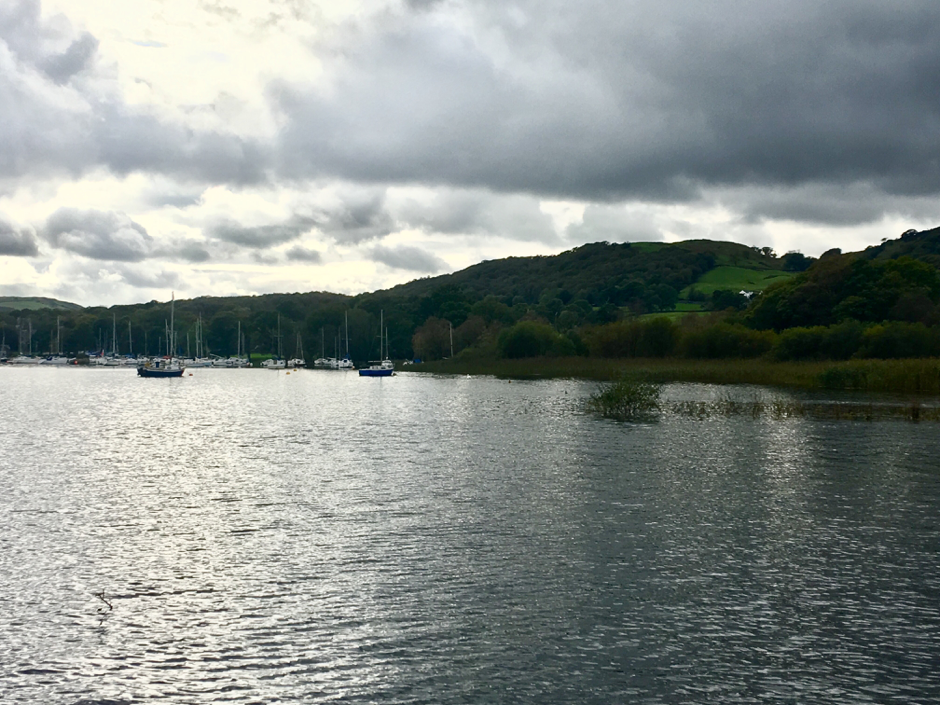
Pan Kakridas, DTMH September 2017
Einstein once said “Time is an illusion”, it seems to move deceptively fast the more we try to slow it down. Astoundingly, this week officially marks the half-way point in our diploma which culminated in an NGO forum forcing us all into the present and thinking about our futures.
A lot of us spent the previous weekend at either the Great Lakes or Snowdonia, and even though the weather was against us, it was lovely exploring the countryside and getting away with friends.
We started the week learning about trypanosomes both through lectures and in the lab. We then moved onto Brucellosis which was a terrifying subject personally given my obsession with cheese, and then Melioidosis, which can be a lurking chameleon for any disease!
The bulk of the week however was spent in the lab, with a nastily difficult practice paper in which we travelled around the lab answering questions about various specimens. This was followed on Friday by a diagnostic parasitology session, performed under exam conditions, which caused a lot of panic about the end of course exams.
However, all this worry was put into perspective after our lectures on refugee health. As an Australian I know too well the terrible conditions asylum seekers often face in their path to freedom, even in a seemingly democratic and peaceful nation. The UN has repeatedly condemned Australia’s treatment of refugees, as well as some of the practices that are happening now in Europe, particularly with regards to closing borders and the use of detentions centres. It is clear that as medical practitioners we need to acknowledge the immense physical and mental harm that is caused by detention centres and offshore processing, in addition to the atrocities that made people flee their homes. We learned about how to accurately examine and assess torture victims and how our medical notes can be vital in their processing and asylum seeker claims. However, I believe that in addition to medically treating refugees we can and should use our positions of power in the community to ensure that the humanity of refugees is not forgotten and that our politicians may eventually change their policies. I think that as doctors we are have a responsibility to go beyond treating the individual patient in front of us and actively seek to challenge and change the conditions that put them there in the first place.
In Australia, the organisation Doctors4Refugees https://www.doctors4refugees.org/, is a good place to start, and at the NGO forum we heard about SAMS https://www.sams-usa.net/, who focus on the Syrian refugee situation.
The NGO forum was fascinating- we heard for many organisations, from the ICRC (International Committee of the Red Cross) who only work in conflict zones, to Raleigh who work with youth around the world.
I’ll leave you with a quote from the great Ann (with an ‘e’) – “Tomorrow is a new day, with no mistakes in it yet”, to remind us of all the time we still have to immerse ourselves in this course, and prepare for the future.
https://www.msf.org.au/refugees-and-idps
http://www.julianburnside.com.au/nauru-how-it-is/
https://www.freedomfromtorture.org/